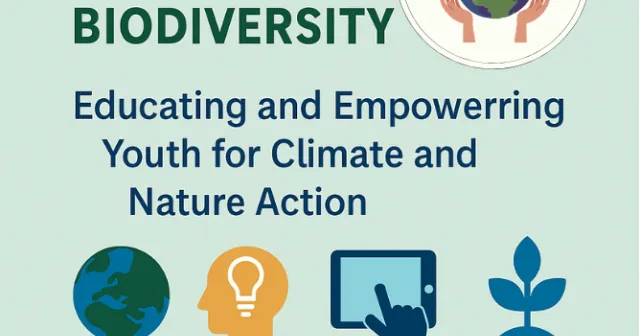Adult Learning Initiatives: Empowering Lifelong Education
Adult Learning Initiatives: Empowering Lifelong Education
Adult learning initiatives have emerged as essential components of modern educational systems, reflecting the growing recognition that education is a lifelong process. These programs aim to address the evolving needs of individuals, societies, and economies by providing adults with opportunities to enhance their skills, knowledge, and competencies. In a world marked by rapid technological advancements, economic shifts, and social changes, adult learning initiatives play a pivotal role in fostering resilience, adaptability, and inclusion. This article explores the significance, benefits, and key examples of adult learning initiatives and their impact on society.
The Importance of Adult Learning Initiatives
Adult learning initiatives address critical challenges, such as skill mismatches, unemployment, and social exclusion, by equipping individuals with relevant and up-to-date knowledge. These programs are particularly vital for:
- Bridging Skills Gaps: As industries evolve, the demand for specific skills changes. Adult learning programs help individuals stay competitive in the job market by offering training in emerging fields such as digital technologies, renewable energy, and advanced manufacturing.
- Promoting Social Inclusion: Many adults, especially those from marginalized groups, face barriers to education and employment. Learning initiatives provide accessible opportunities for these individuals to improve their lives and integrate into society.
- Enhancing Civic Participation: By fostering critical thinking and informed decision-making, adult learning empowers individuals to actively participate in democratic processes and contribute to community development.
- Supporting Personal Development: Beyond professional benefits, adult education enhances self-esteem, creativity, and overall well-being, enabling individuals to pursue personal interests and lifelong aspirations.
Key Benefits of Adult Learning Initiatives
Adult learning initiatives generate wide-ranging benefits that extend to individuals, employers, and society at large:
- Economic Growth: By equipping workers with relevant skills, these programs contribute to increased productivity and economic competitiveness.
- Workforce Adaptability: Training in emerging sectors ensures that workers can adapt to technological and economic changes, reducing the risk of unemployment.
- Social Equity: Inclusive programs reduce inequalities by providing education and skill-building opportunities to underrepresented groups.
- Community Empowerment: Educated individuals are more likely to engage in volunteerism, advocacy, and other community-building activities.
- Lifelong Learning Culture: These initiatives promote a mindset of continuous improvement and curiosity, enriching society as a whole.
Examples of Successful Adult Learning Initiatives
- Erasmus+ for Adult Education: The European Union’s Erasmus+ program offers funding and support for adult learning projects, promoting cross-border collaboration and innovation. It emphasizes digital literacy, language learning, and professional development.
- Upskilling Pathways: This EU initiative targets low-skilled adults, helping them acquire basic literacy, numeracy, and digital skills. It includes tailored learning opportunities, guidance, and support to ensure successful outcomes.
- EPALE (Electronic Platform for Adult Learning in Europe): A collaborative platform for adult educators, policymakers, and learners, EPALE facilitates the exchange of best practices and resources to improve adult education across Europe.
- SkillsFuture (Singapore): This government-driven initiative offers Singaporean adults credits to pursue courses in areas like technology, healthcare, and entrepreneurship. It promotes lifelong learning and workforce readiness.
- Adult Education and Literacy Programs (United States): Federally funded programs provide education to adults in areas such as English language acquisition, GED preparation, and workforce training, supporting diverse populations.
Challenges and Future Directions
While adult learning initiatives have made significant strides, they face challenges such as funding constraints, uneven access, and low participation rates among certain groups. To address these issues, policymakers and educators must:
- Increase Investment: Adequate funding ensures the sustainability and reach of adult education programs.
- Enhance Accessibility: Flexible learning models, such as online courses and modular programs, can help overcome geographical and time constraints.
- Foster Partnerships: Collaboration among governments, businesses, and community organizations can create comprehensive and relevant learning opportunities.
- Raise Awareness: Public campaigns highlighting the benefits of adult education can encourage participation and reduce stigma.
- Measure Impact: Regular assessments and data-driven insights can help refine programs and align them with learners’ needs.
Conclusion
Adult learning initiatives are indispensable for building a resilient, inclusive, and innovative society. By empowering individuals to adapt to change, achieve their goals, and contribute to their communities, these programs foster a culture of lifelong learning that benefits everyone. As the world continues to evolve, investing in adult education will remain a cornerstone of sustainable development and social progress.




